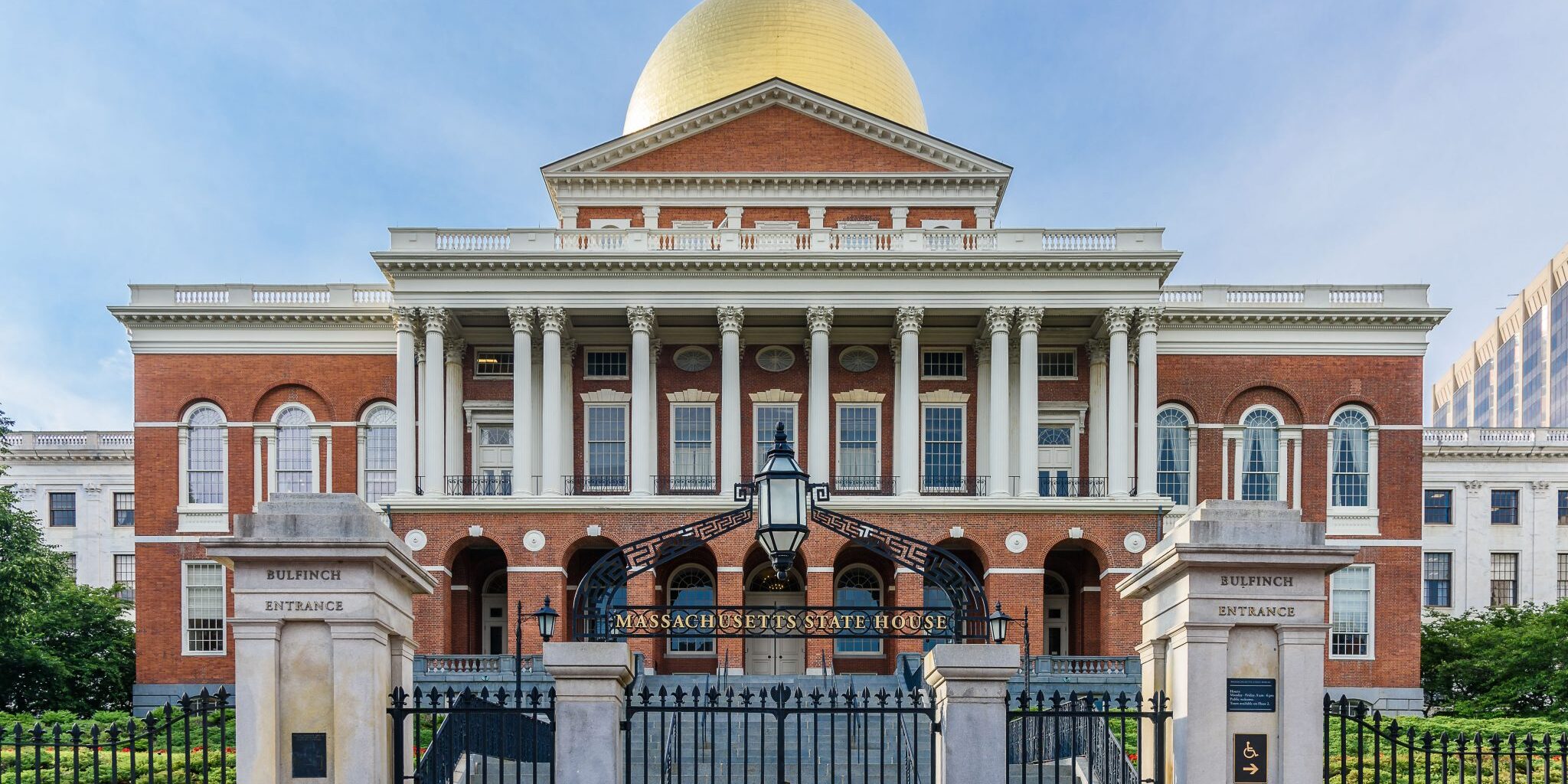
The American Rescue Plan Act, signed into law in March 2021, provides Massachusetts with about $8.7 billion in Coronavirus State and Local Fiscal Recovery Funds: $5.3 billion to the state government and about $3.4 billion directly to municipalities.
This is a transformative amount of money, and it should be spent thoughtfully, but it’s important that it’s spent in a timely fashion that reflects the urgency of the public health and economic crisis brought on by the pandemic.
Access to stable housing, reliable transportation, and gainful employment vary sharply across the Commonwealth and especially across racial lines. The COVID pandemic has put a spotlight on the breadth and depth of these inequities. We now face the question of whether recovery will be similarly unequal across race and income, or whether we can use this recovery to create a more equitable society.
MAPC has been deeply engaged with our cities and towns’ COVID-19 response. As we advocate for an equitable recovery, MAPC encourages the state and our municipalities to spend ARPA dollars thoughtfully and expeditiously, in ways that address structural inequity, align with existing goals, strengthen existing programs, and pilot innovative ideas.
If your community has questions about ARPA dollars, or would like to talk through different investment ideas, please contact MAPC Director of Government Affairs Lizzi Weyant at [email protected].
State and Local Fiscal Recovery Funds
State
Investments
MAPC is providing support, guidance, and examples to the Legislature as elected officials decide how to spend ARPA dollars.
Municipal
Investments
Massachusetts cities and towns have received $3.4 billion dollars through the American Rescue Plan Act (ARPA)’s State and Local Fiscal Recovery Funds.
These dollars present an opportunity to make critical investments in communities and especially those that were disproportionately impacted by the pandemic. This federal funding can help set the stage for an equitable and resilient recovery.
EDA Programs
The Economic Development Administration received $3 billion in supplemental funding to assist communities in their economic recovery from the coronavirus pandemic. EDA is making funding available through six innovative "challenges."
This investment is to support bottom up economic development focused on advancing equity creating good paying jobs helping workers to develop in demand skills building economic resilience and accelerating the economic recovery for the industries and communities hit hardest by the coronavirus pandemic.
